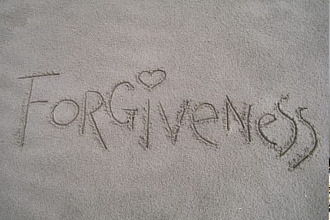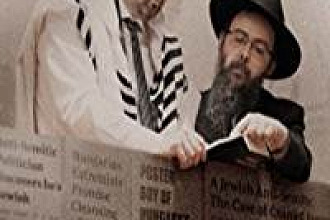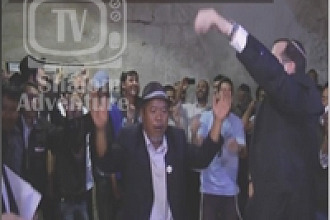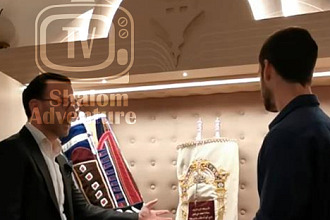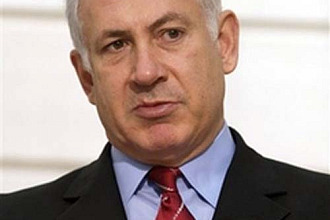Despite living in a country whose government openly wishes for the complete and utter annihilation of the Jewish state, many Jews feel safe and at home living in Iran, finding prosperity in a nation domiciling the second largest Jewish population in the Middle East outside of Israel itself.
“...Jews are a recognized minority here, so we can practice our religion freely,” Siamak Morsadegh told DW News when interviewed about Jewish life in Iran.
“We have more than 20 working synagogues in Tehran and at least five kosher butcheries...in our country's history, there was never a time when all Iranians had the same religion, race or language, so there is a high degree of tolerance. Jews and Muslims respect each other, but at the same time, we know there are differences. So the rate of intermarriage between Jews and other groups in Iran is the lowest one in the world, it's less than 0.1 percent.”
Prior to Iran’s Islamic Revolution of 1979, approximately 100,000 to 150,000 Jews called Iran home according to USA Today. After the revolution, the population dwindled to 12,000 to 15,000 Jews out of a total population of 80 million as many Jews fled the nation.
Fast forward to today and there are relatively peaceful living conditions for the religious minority despite prohibitions from serving as judges or holding high offices. Most Jews today live in the cities of Tehran, Isfahan, and Shiraz; common professions for Iran’s Jews include shopkeeping, engineering, medicine, and finance.
“Of course being a religious minority causes some problems. Due to the economic crisis here, many Iranians are having problems finding jobs, and, for us, that is even harder as there are some limitations according to the law,” Morsadegh elaborated.
“For example, we cannot work as officers in the army; we can only be simple soldiers. We are doing our best to change that. It is a gradual process and cannot be done over night, but we are making progress. One of our biggest successes of the past years is the fact that Jewish kids who go to public schools are now allowed to stay at home on Saturday if they want to observe the Sabbath - and many of them do, because most Iranian Jews are orthodox.”
Being freely able to practice the Jewish faith in Iran has not posed a problem to the every day Jewry. There are approximately 35 operational synagogues in Iran.
"We have all the facilities we need for our rituals, and we can say our prayers very freely. We never have any problems. I can even tell you that, in many cases, we are more respected than Muslims,” Nejat Golshirazi, Rabbi at an Iranian synagogue said according to USA Today. “You saw for yourself we don’t even have any security guards here."
"We’re not an entity outside of the Iranian nation,” a Jewish government official (the only one out of a 290 member Iranian Parliament) and surgeon at Tehran’s central hospital told USA Today. “We are part of it. Our past and our future. I may pray in Hebrew, but I can only think in Persian (Farsi, Iran’s official language).”
Written by Erin Parfet






